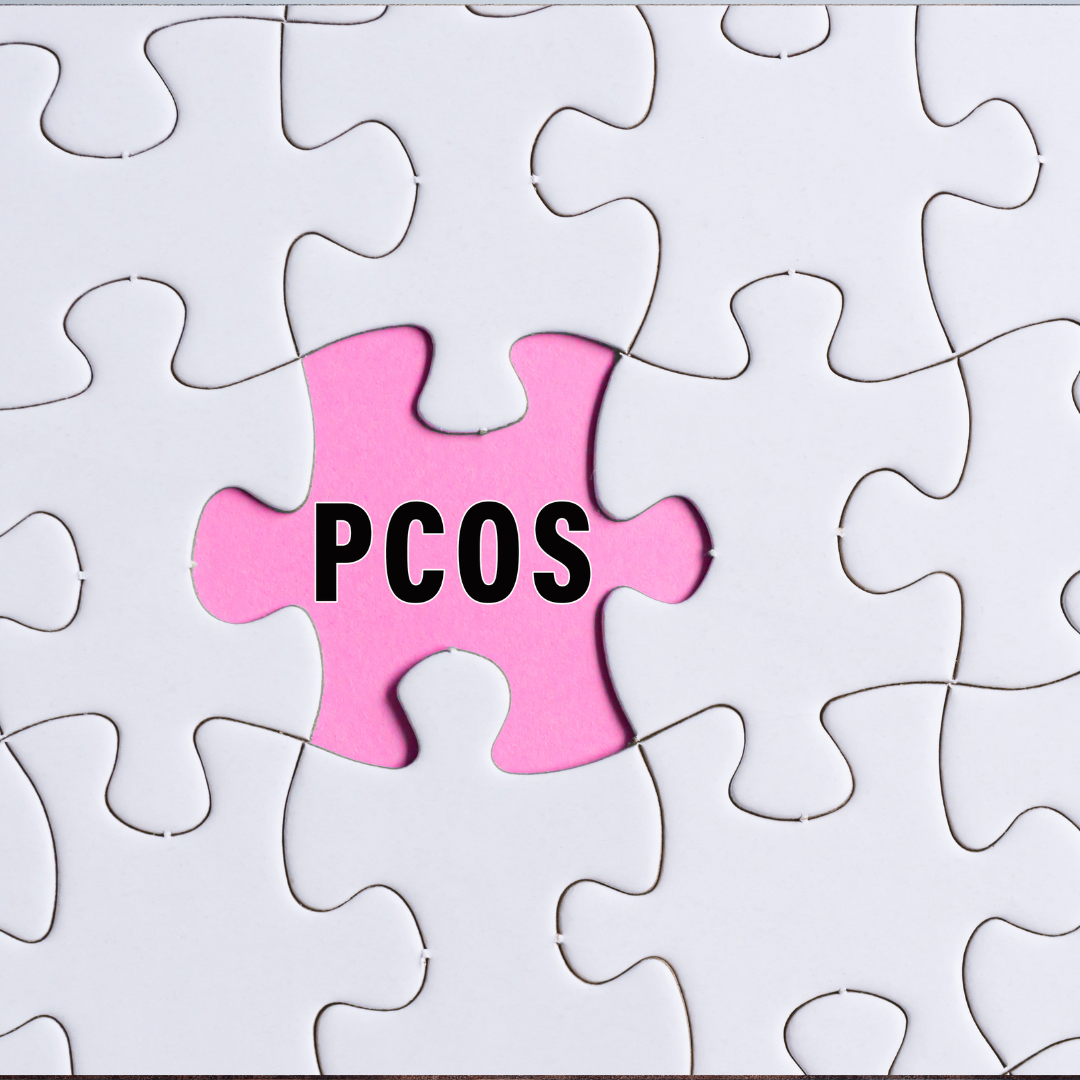
Women with PCOS who follow a ketogenic diet may experience enhancements in fertility
Share
A recent study published in the Journal of the Endocrine Society sheds light on the potential impact of the ketogenic (keto) diet on testosterone levels in women with polycystic ovary syndrome (PCOS), a prevalent hormonal disorder affecting 7-10% of women of childbearing age. PCOS is associated with infertility and an increased risk of developing conditions like diabetes, obesity, and metabolic health issues.
Women with PCOS typically exhibit at least two of the following symptoms: elevated levels of testosterone and other androgen hormones typically associated with male reproductive function, irregular menstrual cycles, and enlarged ovaries with numerous small follicles.
The keto diet, known for its high-fat and low-carbohydrate composition, has shown promise in alleviating symptoms of PCOS. Previous research has suggested benefits such as weight loss, improved fertility, optimization of cholesterol levels, and normalization of menstrual cycles in women with PCOS following a keto diet.
Lead study author Karniza Khalid, M.B.B.S., M.Med.Sc., from the Ministry of Health Malaysia in Kuala Lumpur, and the research team conducted a meta-analysis of clinical trials involving women with PCOS who followed the keto diet. The analysis aimed to assess the diet's effects on reproductive hormones (including follicle-stimulating hormone, testosterone, and progesterone) and weight change in these individuals.
The findings revealed significant weight loss and improvements in reproductive hormone levels among women with PCOS who adhered to the keto diet for at least 45 days. Specifically, the women showed a decrease in testosterone levels and an enhanced follicle-stimulating hormone ratio, indicating a potential improvement in ovulation rates. Lower testosterone levels may also contribute to reducing symptoms associated with excess male sex hormones, such as unwanted hair growth.
These results underscore the potential benefits of the keto diet as a complementary approach for managing PCOS symptoms. The study highlights the importance of personalized dietary recommendations alongside conventional medical treatment for women with PCOS, offering hope for enhanced fertility and symptom management in this population.
Women with PCOS typically exhibit at least two of the following symptoms: elevated levels of testosterone and other androgen hormones typically associated with male reproductive function, irregular menstrual cycles, and enlarged ovaries with numerous small follicles.
The keto diet, known for its high-fat and low-carbohydrate composition, has shown promise in alleviating symptoms of PCOS. Previous research has suggested benefits such as weight loss, improved fertility, optimization of cholesterol levels, and normalization of menstrual cycles in women with PCOS following a keto diet.
Lead study author Karniza Khalid, M.B.B.S., M.Med.Sc., from the Ministry of Health Malaysia in Kuala Lumpur, and the research team conducted a meta-analysis of clinical trials involving women with PCOS who followed the keto diet. The analysis aimed to assess the diet's effects on reproductive hormones (including follicle-stimulating hormone, testosterone, and progesterone) and weight change in these individuals.
The findings revealed significant weight loss and improvements in reproductive hormone levels among women with PCOS who adhered to the keto diet for at least 45 days. Specifically, the women showed a decrease in testosterone levels and an enhanced follicle-stimulating hormone ratio, indicating a potential improvement in ovulation rates. Lower testosterone levels may also contribute to reducing symptoms associated with excess male sex hormones, such as unwanted hair growth.
These results underscore the potential benefits of the keto diet as a complementary approach for managing PCOS symptoms. The study highlights the importance of personalized dietary recommendations alongside conventional medical treatment for women with PCOS, offering hope for enhanced fertility and symptom management in this population.



